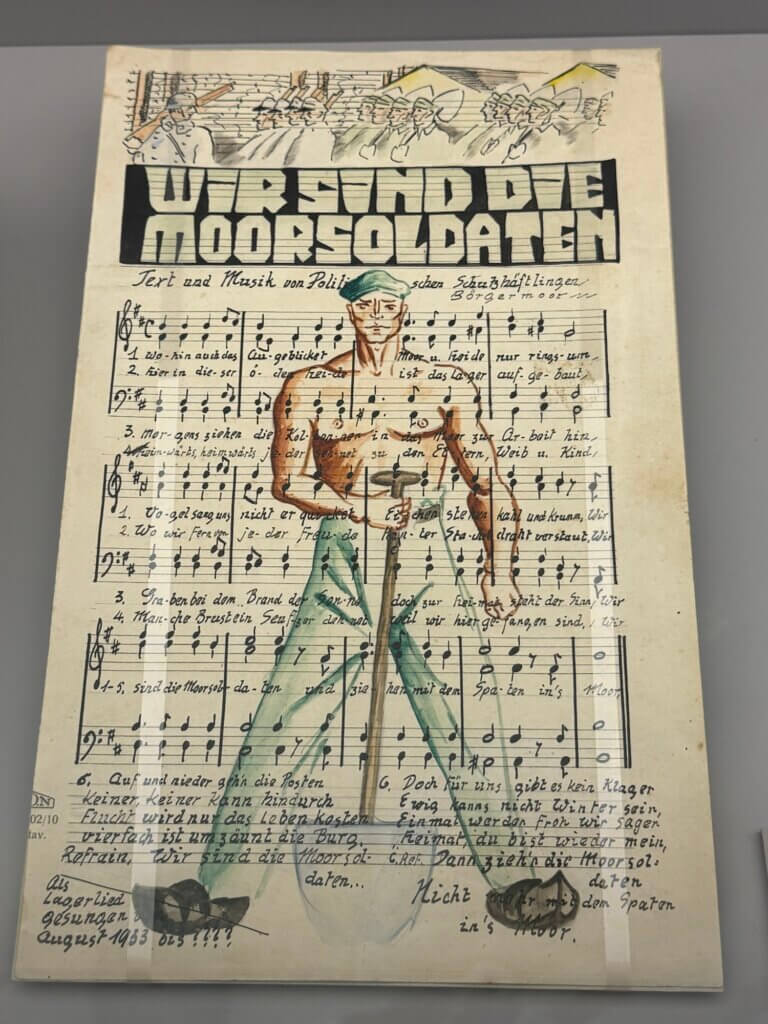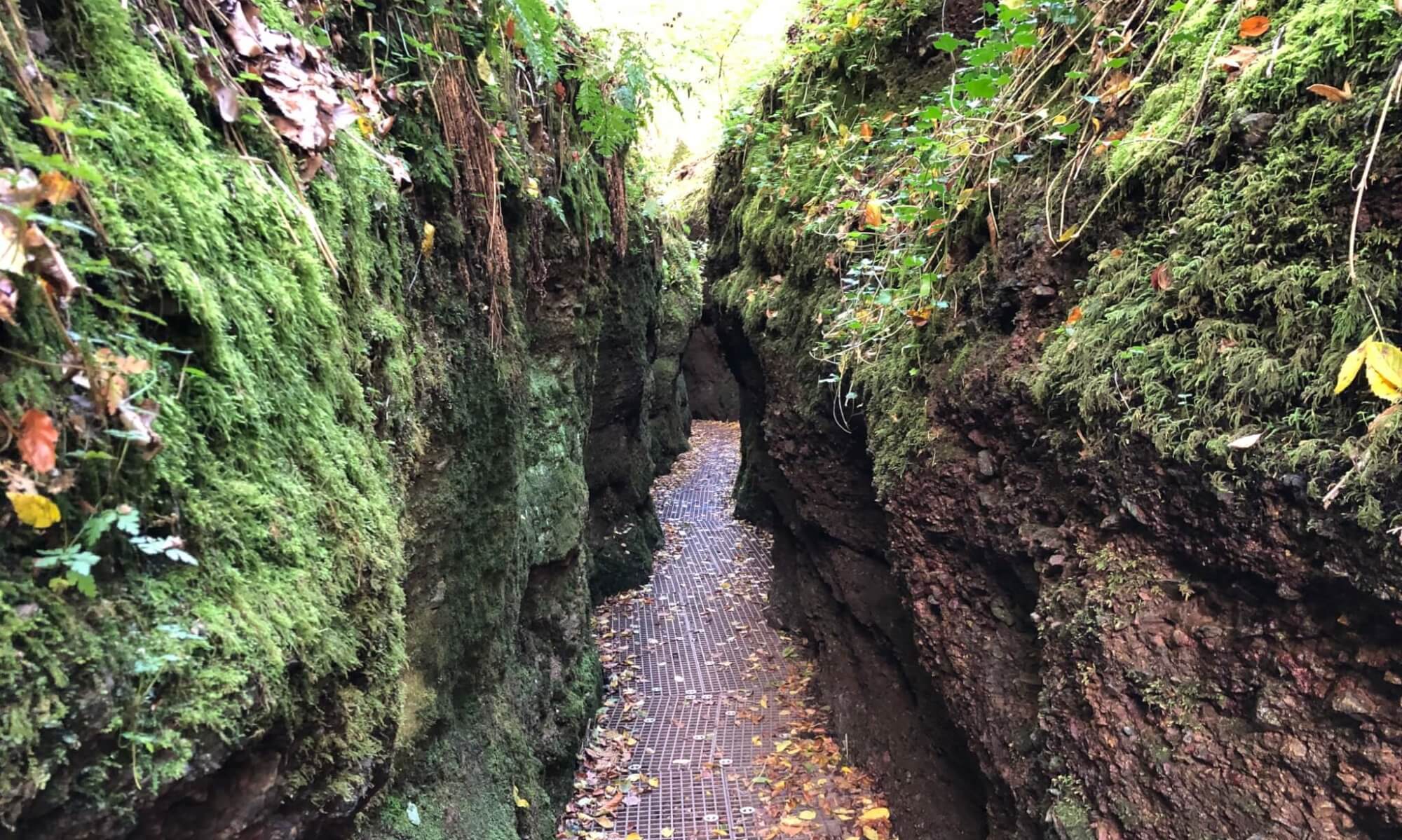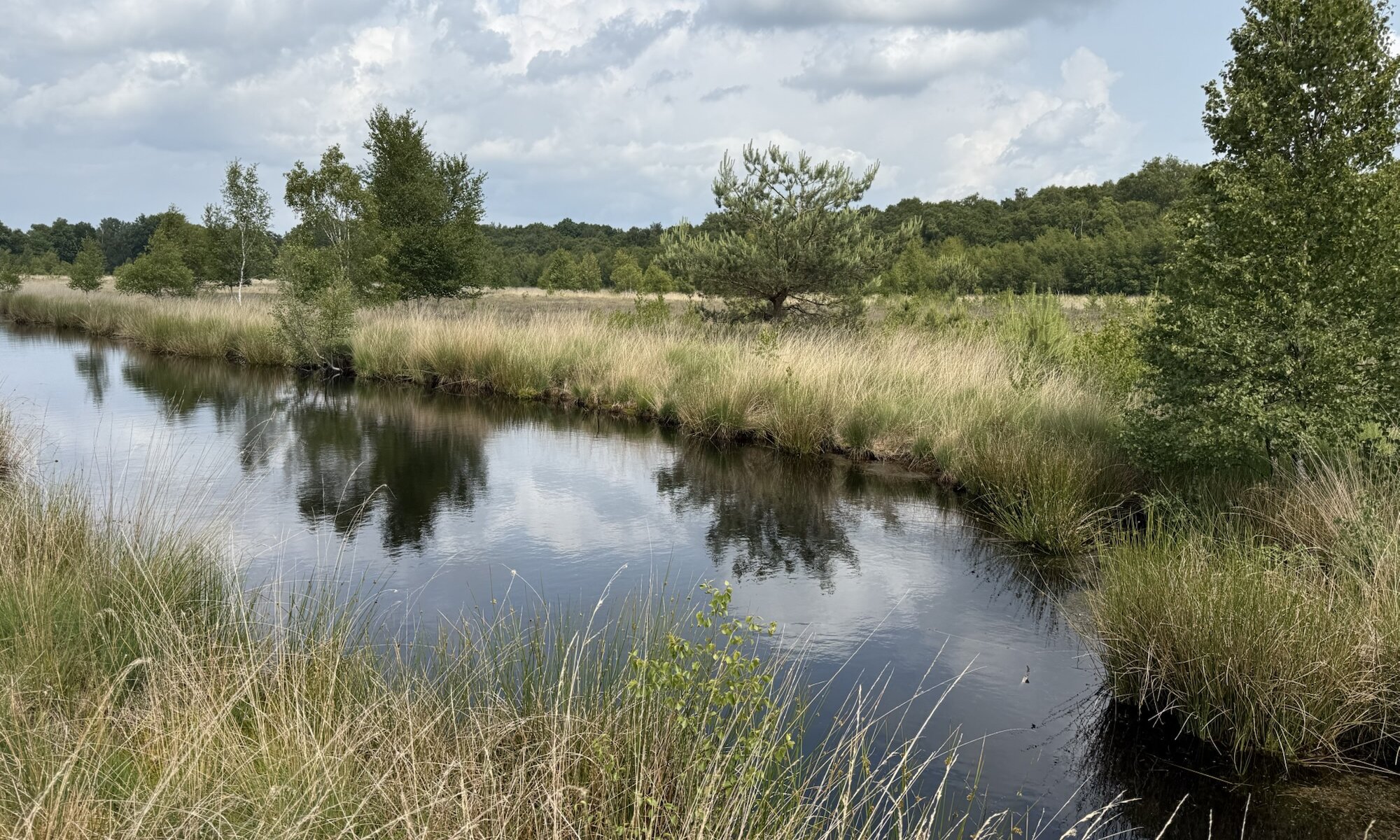The Zirkus Konzentrazani stands out as a remarkable episode in the early history of Nazi concentration camps, particularly at KZ Börgermoor in the Emsland region. Conceived by the actor and prisoner Wolfgang Langhoff, this ‘concentration camp circus‘ was a bold act of cultural resistance. Prisoners organized a satirical variety show, complete with mock circus acts, humor, music, and dance, cleverly using double meanings to subtly mock their captors and the Nazi regime. The event provided a rare moment of relief and solidarity among the inmates, allowing them to reclaim a sense of humanity and dignity in the face of brutal oppression.
KZ Börgermoor, established in 1933, was one of the first Emslandlager created by the Nazis to imprison political opponents—mainly Socialists and Communists. Prisoners endured harsh conditions, forced to perform backbreaking labor such as digging peat in the surrounding moorlands, often with only the most basic tools. The camp quickly became infamous for its brutality, but also for the resilience and camaraderie that developed among its inmates as they sought ways to maintain their morale and identity.

It was within this grim environment that the resistance song ‘Die Moorsoldaten‘ (‘The Peat Bog Soldiers‘) was born. Written by Johann Esser and Wolfgang Langhoff, with music by Rudi Goguel, the song was first performed during the Zirkus Konzentrazani in August 1933. Its lyrics captured the prisoners’ suffering and longing for freedom, while the melody provided a unifying force. The song’s refrain, sung by hundreds of prisoners and even joined by some guards, became a moving symbol of hope and defiance. Despite being quickly banned by camp authorities, the song spread rapidly among prisoners and eventually became an anthem of resistance across Europe.
“Wohin auch das Auge blicket,
Moor und Heide nur ringsum.
Vogelsang uns nicht erquicket,
Eichen stehen kahl und krumm.
Wir sind die Moorsoldaten
und ziehen mit dem Spaten
ins Moor!
Heimwärts, heimwärts jeder sehnet,
zu den Eltern, Weib und Kind.
Manche Brust ein Seufzer dehnet,
weil wir hier gefangen sind.Wir sind die Moorsoldaten
und ziehen mit dem Spaten
ins Moor!Hier in dieser öden Heide
ist das Lager aufgebaut,
wo wir fern von jeder Freude
hinter Stacheldraht verstaut.Wir sind die Moorsoldaten
und ziehen mit dem Spaten
ins Moor!Auf und nieder gehen die Posten,
keiner, keiner kann hindurch.
Flucht wird nur das Leben kosten,
vierfach ist umzäunt die Burg.
Wir sind die Moorsoldaten
und ziehen mit dem Spaten
ins Moor!Morgens ziehen die Kolonnen
in das Moor zur Arbeit hin.
Graben bei dem Brand der Sonne
doch zur Heimat steht der Sinn.Wir sind die Moorsoldaten
und ziehen mit dem Spaten
ins Moor!Doch für uns gibt es kein Klagen,
ewig kann’s nicht Winter sein.
Einmal werden froh wir sagen:
Heimat, du bist wieder mein.Dann ziehn die Moorsoldaten
nicht mehr mit dem Spaten
ins Moor!”– Die Moorsoldaten, Johann Esser / Wolfgang Langhoff
‘Die Moorsoldaten‘ endures as one of the best-known protest songs from the Nazi era, resonating far beyond its origins. Its creation and performance at KZ Börgermoor, especially during the Zirkus Konzentrazani, highlight the power of art and collective spirit in resisting tyranny. For any traveler interested in German history, visiting the Emsland region and learning about these events offers a profound insight into the resilience of the human spirit under the harshest conditions.
Die Moorsoldaten
KZ Börgermoor / Gedenkstätte Esterwegen
Surwold / Esterwegen
Loading map...


